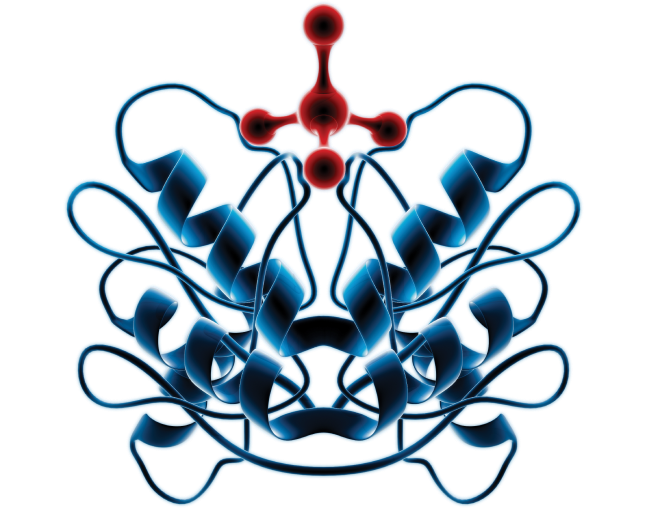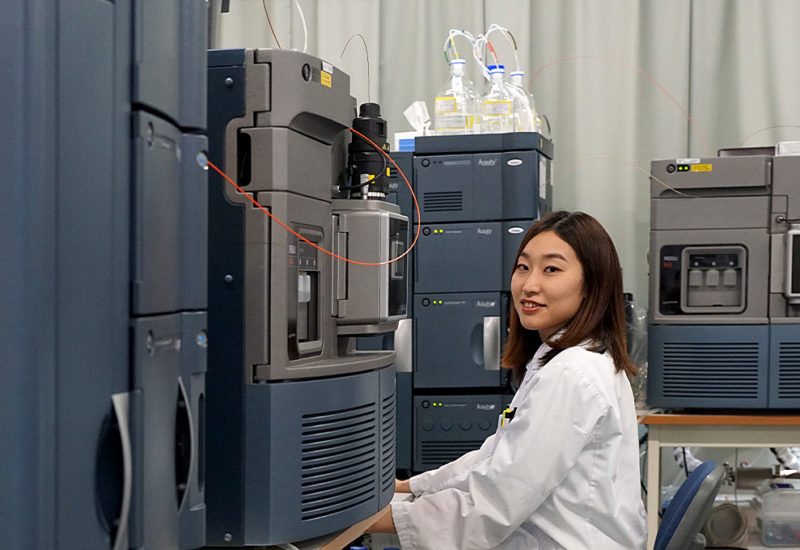
In Vitro Enzyme Inhibition Studies for Preclinical Drug Development
You can now request quotes for our research services on BioIVT.com!
Whether you need a single assay or a complete ADME program, BioIVT’s experts will help design and implement the appropriate studies for your drug and research objectives. View BioIVT’s comprehensive portfolio of ADME research services.
The clearance of a drug (victim) by a particular enzyme can be impaired if it is administered with a second drug (perpetrator) which inhibits that enzyme. The primary purpose of evaluating drugs as inhibitors of certain enzymes is to determine their perpetrator potential before advancing a drug candidate to late-stage development.
To address direction from the Food and Drug Administration (FDA) to “determine if the investigational drug is an inhibitor of drug-metabolizing enzymes” (In Vitro Drug Interactions Studies— Cytochrome P450 Enzyme- and Transporter-Mediated Drug Interactions: Final Guidance for Industry, FDA 2020), we offer in vitro studies designed to meet current expectations of the FDA, European Medicines Agency (EMA), and Pharmaceuticals and Medical Devices Agency (PMDA) to measure potential for inhibition of enzyme activity for investigational new drug applications.
Contract Enzyme Inhibition Assays We Offer
CYP Inhibition Assay
Cytochrome P450 (CYP) Inhibition assays allow evaluation of CYP inhibition by a drug candidate and its metabolites. These data can be used to predict drug-drug interaction (DDI) potential and better design any necessary clinical DDI studies. Study designs begin with assessing potential for direct and metabolism-dependent inhibition using an IC50 shift approach, and any positive inhibition results can be further examined using more definitive approaches (e.g., determination of Ki, KI and kinact).
UGT Inhibition Assay
UDP glucuronyltransferase (UGT) Inhibition assessment may be required by regulatory agencies for drugs that are metabolized predominantly by UDP glucuronyltransferase (UGT) enzymes. This assay serves to evaluate the potential of a drug candidate to directly inhibit UGT enzymes and provide valuable information about the risk of drug-drug interactions (DDI) with concomitantly administered drugs.
Automation and Analysis of Enzyme Activity
- Most enzyme inhibition experiments have been automated utilizing Tecan liquid handling systems
- Validated LC-MS/MS methods
- High throughput autosamplers
- Deuterated metabolites used as internal standards (all CYPs and most UGTs)
- Automated data retrieval and processing
- Comprehensive, publication-quality reports


